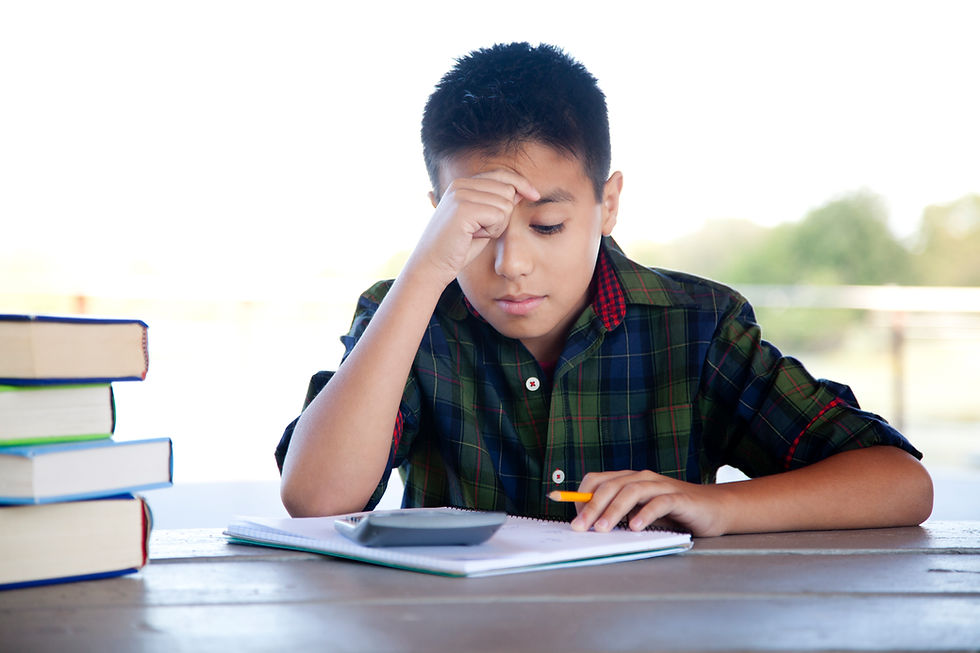The kids (many of them) aren’t alright
- Joanne Jacobs

- Mar 30, 2018
- 2 min read
Family dysfunction is more common — and more devastating for children — than we think, writes Brian A. Jacob and Joseph Ryan in Education Next.
Eighteen percent of third-grade students in Michigan public schools live in families that have been investigated for child abuse or neglect by Child Protective Services, their study found. In some schools, half of students’ families have been investigated.

Thirty-six percent of allegations were substantiated, they write, and “unsubstantiated complaints may signal some type of dysfunction within the family.”
Black, low-income and urban students are more likely to have been the subject of a maltreatment report.
Looking just at substantiated reports, 10.7 percent of black students, 6.2 percent of Latinos, 5.3 percent of whites and 1 percent of Asians were subject to abuse or neglect.
The study compared “children with complaints for maltreatment to peers who (a) were the same race, gender and birth year, (b) had the same income level as measured by eligibility for subsidized meals, (c) lived in the same neighborhood, and (d) attended the same elementary school.” Children exposed to maltreatment did much worse in school than similar students with no CPS involvement.
We track school success by race and family income, but ignore the consequences of growing up in unstable, fatherless families, writes Ian Rowe.
Boys are more vulnerable to fatherlessness than their sisters, when it comes to school misbehavior, cognitive disability, low test scores, dropping out of high school and juvenile crime.
Rowe also cites the newly released study, Race and Economic Opportunity in the United States, which found “higher rates of father presence among low-income black households are associated with better outcomes for black boys.”
Micere Keels offer suggestions for calming students who’ve experienced chronic trauma, including exposure to neighborhood violence and abuse.
“Already in 2018, there have been more than 430 shootings and 95 homicides in Chicago, and we are less than three months into the year,” writes Keels, a University of Chicago professor who developed the Trauma Responsive Educational Practices (TREP) Project.



Comments